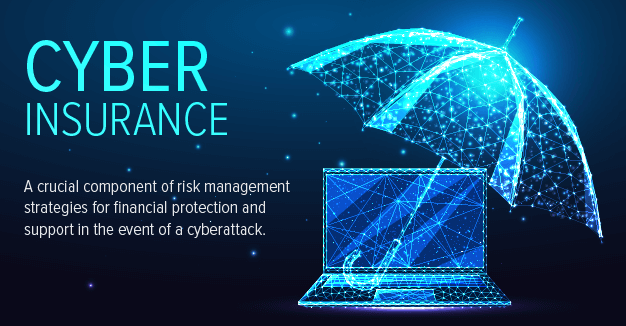Better Secure Your Business With Cybersecurity Services
Managed Firewalls: The Cornerstone of Business Security
Post Date:

A company's network is the lifeblood of its daily operations, and as businesses of all sizes become more reliant on the internet, the threat of cyberattacks grows exponentially. While many companies understand the importance of cybersecurity, they often overlook one of the most fundamental layers of defense: the firewall.
What is a Firewall & What Does It Do?
Think of your business network as a secure, private office. The internet is the bustling city street outside. A firewall is like the security guard at the front door, meticulously checking the credentials of everyone who tries to enter or exit. Its primary purpose is to monitor and filter all incoming and outgoing network traffic based on a set of predefined security rules.
In a more technical sense, a firewall acts as a barrier between your trusted internal network and untrusted external networks, such as the public internet. It inspects data packets and determines whether to allow or block them. Without a firewall, your network is an open door, vulnerable to a wide range of cyber threats, including hackers, malware, viruses, and phishing attacks.
The Problem with "Set It & Forget It" Security
Many businesses rely on the basic firewalls built into their internet routers or operating systems. While these provide a baseline level of protection, they are far from a complete solution. A major drawback is that this hardware is often designed with a primary function that is not security. Additionally, the built-in firewalls often follow basic, one-size-fits-all rules and lack the specialized features and customizable settings needed for true protection.
Cyber threats are constantly evolving, and a static, unmonitored firewall (such as those built-in ones) can quickly become obsolete. You could say, an unmanaged firewall is like hiring a security guard and then never giving them new instructions, training, or the tools they need to deal with new threats.
This is where a designated, managed firewall becomes a critical investment.
The Unmistakable Advantages of a Dedicated, Managed Firewall
For most businesses, outsourcing network security to a managed service provider (MSP), such as RDI, offers significant benefits that a DIY solution often can't match:
- A Dedicated Security Appliance: Unlike a built-in firewall on a router or other hardware designed for a different primary purpose, a managed firewall uses a dedicated appliance engineered specifically for network security. Its sole focus is to vigilantly guard your network, providing far more robust and reliable protection than a device where the firewall is just a secondary feature.
- Enhanced Threat Protection: Modern managed firewalls, often called Next-Generation Firewalls (NGFWs), go far beyond simple packet filtering with specialized features and customizable settings. They include advanced features like Intrusion Prevention Service (IPS) to block malicious activity, APT Blocker to stop advanced persistent threats, and User-Application Control to give you granular control over what applications and websites your employees can access.
- Proactive and Expert Security: A managed firewall service provides round-the-clock monitoring and management by a team of dedicated security experts. They continuously update the firewall's rules, apply firmware patches, and adapt to new threats in real-time. This level of proactive protection is nearly impossible to maintain for most small to mid-sized businesses with no or limited IT staff.
- Improved Network Performance and Productivity: By intelligently filtering out unwanted and malicious traffic, a managed firewall ensures that your network runs smoothly and efficiently. This prevents slowdowns, reduces downtime from potential breaches, and allows your employees to focus on their work without the distraction of pop-ups or blocked access.
- Simplified Compliance: For businesses in regulated industries like healthcare (HIPAA) or those that handle credit card data (PCI DSS), meeting security and compliance requirements is a major challenge. Managed firewalls provide the necessary logging, reporting, and auditing capabilities to help you maintain compliance and pass audits with confidence.
- Cost-Effective Solution: The cost of hiring, training, and retaining an in-house cybersecurity expert is often prohibitive for small and mid-sized businesses. A managed firewall service provides access to a team of specialists for a predictable monthly fee, saving you money in the long run and protecting you from the potentially devastating financial consequences of a data breach.
Secure Your Business with RDI's Managed Firewall Services
At RDI, we provide a managed network security solution tailored to your specific environment and business goals. Our experts handle the entire lifecycle of your network security, from design and installation to ongoing management and maintenance.
Our managed firewalls include powerful features to safeguard your data, such as Intrusion Prevention Service (IPS) to block malicious activity, User-Application Control for granular access control, Offsite Logging for further secure network protection, and more.
In addition to managed firewalls, RDI offers a full suite of network security services to help you identify vulnerable areas and mitigate risks, ensuring your network remains protected.
Discover More About RDI Managed Firewalls
